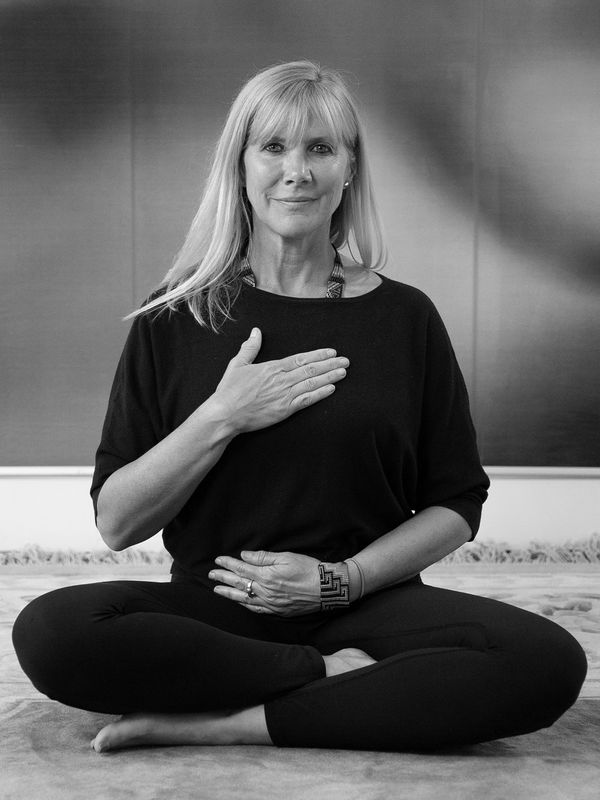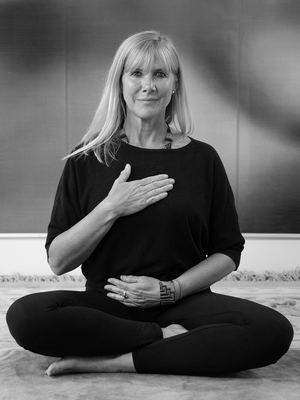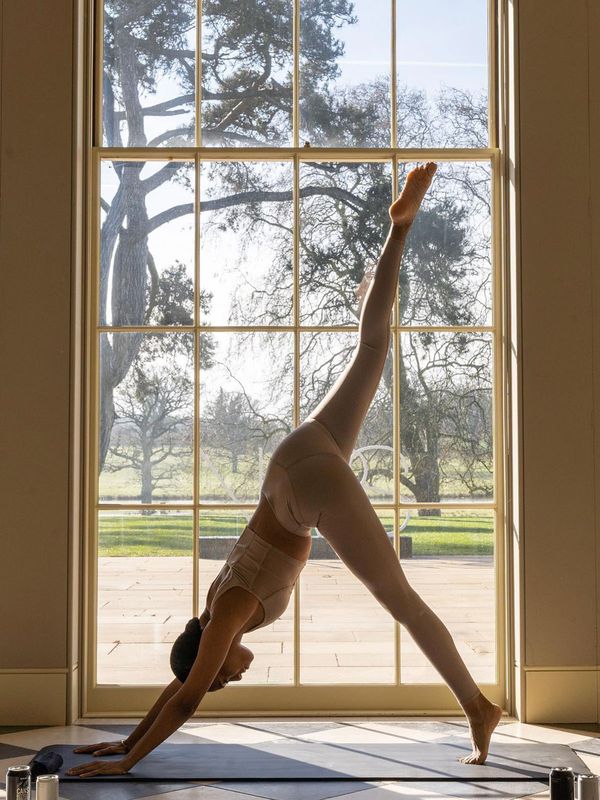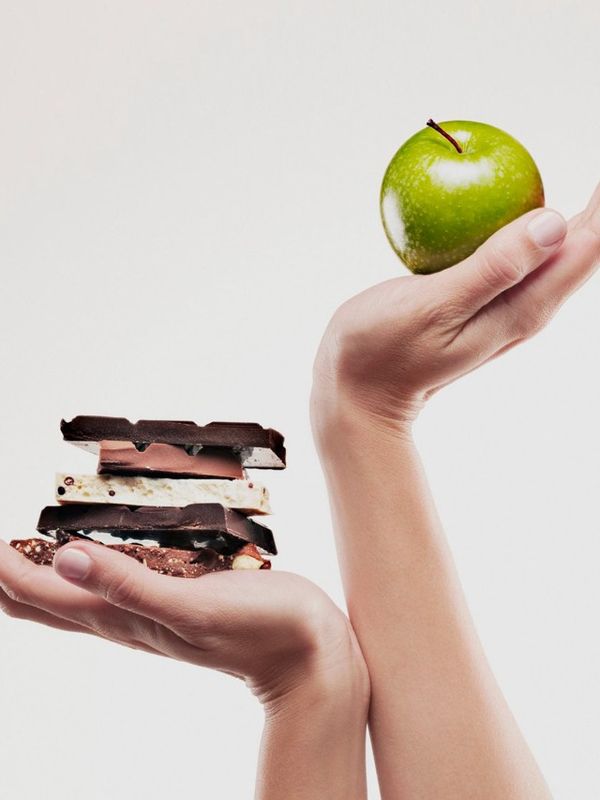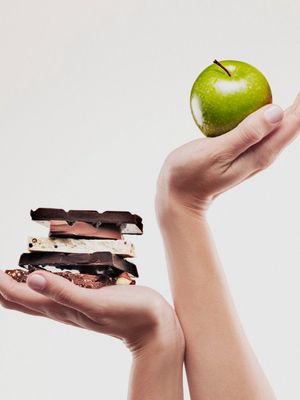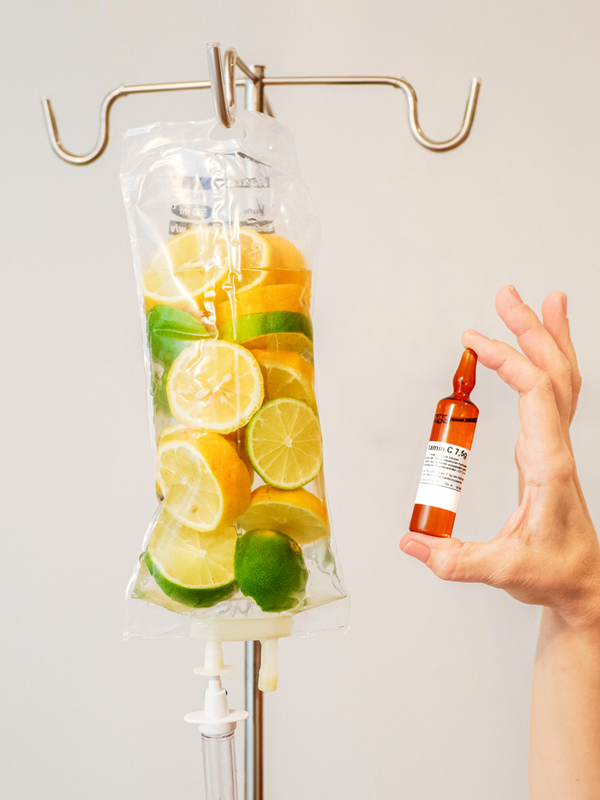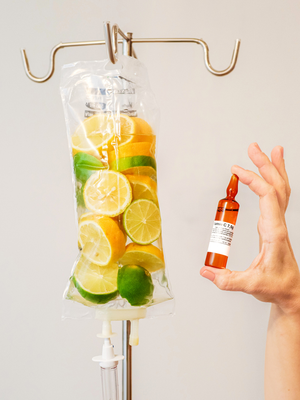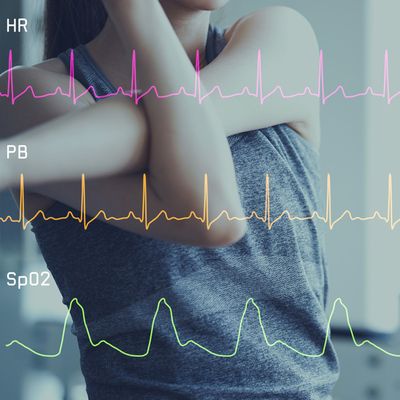
What You Need To Know About Heart Attacks As A Woman
Know The Stats
“According to the British Heart Foundation, 35,000 women per year are admitted to hospital following a heart attack in the UK – which is an average of 98 women per day. There are more than 800,000 women in the UK living with Coronary Heart Disease (CHD), which is the main cause of heart attack. CHD is the single biggest killer of women worldwide – however, despite this, it is often considered a man’s disease.” – Neil Ruparelia, consultant cardiologist at The Wellington Hospital
Don’t Rely On A Smartwatch
“An electrocardiogram (ECG) is a recording of the electrical activity of the heart. In the medical setting, this takes ten to 15 minutes to perform. Some smartwatches now have the capability to capture a limited ECG straight from the wrist without the need to visit a doctor. Using this information, your smartwatch will be able to tell if you have an irregular heartbeat. It’s not always as accurate as a medical-grade ECG interpreted by a specialist, but it’s not far off when it comes to interpreting heart rhythm disorders. It’s also important to remember this type of technology can create some confusion when used out of context. For example, a heart rate of below 50 beats per minute could indicate a heart rhythm abnormality, although it usually doesn’t. Serious athletes and even individuals with an increased level of fitness tend to have lower resting heart rates (40-60 beats per minute), so it’s important people are aware of these factors when using the ECG feature on a watch.” – Mark O’Neill, consultant cardiologist and professor of electrophysiology at The Harley Street Clinic
Know The Signs
“Although often not a cause for concern, heart rhythm disturbances can result in symptoms which can cause anxiety and may even be a sign of a heart rhythm disorder. Most are harmless, however some may require further investigation and treatment. Keep an eye out for palpitations, which may feel like your heart is pounding or fluttering. Many people experience palpitations at some point in their life, but you shouldn’t experience them regularly. Skipped beats – also referred to as ectopic beats – are something else to look out for; they are very common, generally harmless and don’t usually need treatment. You should, however, never ignore sudden onset and sustained rapid heartbeats, particularly if you feel faint or there’s a family history of heart rhythm problems. If you have heart symptoms, particularly if they last a long time, don’t improve or get worse, they make you feel dizzy or faint, you have a history of heart problems or you feel concerned by your symptoms, then it’s best to speak to your doctor.” – Mark
A Woman’s Heart Beats Faster
“On average, each minute, a woman’s heart beats three to five times more than a man’s. A rule of thumb for a normal resting heart rate is fewer than 70 beats for men and fewer than 80 beats for women. Women who have not yet reached the menopause have a slightly faster pulse after ovulation, during the luteal phase of the menstrual cycle. They are also more prone to cardiac arrythmia (irregular heartbeats), although this effect is not present in women who use the contraceptive pill. After the menopause, changes in hormones means the pulse can increase more quickly during exertion than before. This can lead to palpitations, tiredness and shortness of breath.” – Dr Angela Maas, world-renowned expert in female cardiology
A Female Heart Attack Can Feel Different
“Symptoms of a heart attack aren’t the same for everyone. Many people are aware of the chest pain, a symptom described as a sensation of pressure. However, other signs for both men and women include shortness of breath; dizziness; sweating; anxiety; and an upset stomach or nausea. Women are somewhat more likely than men to experience other symptoms, including shortness of breath, nausea and vomiting, and back or jaw pain. Consequently, some women may be underdiagnosed. This was recently acknowledged in the NICE (National Institute for Clinical Excellence) diagnostic guidance that was published in August 2020. A separate study found 95% of women experienced new or different physical symptoms as long as a month before they had a heart attack. Nearly 75% reported unusual fatigue, and almost half had sleep disturbances and shortness of breath.” – Dr Azad Ghuran, consultant cardiologist at The Wellington Hospital
Menopause Increases Your Risk
“The menopause can have an impact on the risk of having a heart attack for women due to hormonal changes. Higher oestrogen levels in pre-menopausal women can provide a form of protection against coronary heart disease. This is because oestrogen increases high density lipid (good) cholesterol and decreases low density lipid (bad) cholesterol. Therefore, it has a positive effect on the inner layer of the artery wall, allowing it to relax and expand to accommodate blood flow. As a consequence, the risk of heart attack is likely to be slightly higher for post-menopausal women. However, it is not thought to be one of the most significant risk factors and women should not be too concerned if they are going through or have gone through the menopause. If you have a pre-existing heart condition, speak to your GP.” – Neil
Pregnancy Can Take Its Toll
“Pregnancy adds pressure to the heart and circulatory system. In fact, during pregnancy, blood volume increases by up to 30 to 50 percent to nourish the growing baby and as a result, the heart needs to pump more blood every minute. This is usually very well tolerated by your heart and only can be of concern in individuals with a pre-existing heart condition. If you are pregnant, be sure to avoid fatty and junk foods; do plenty of mild exercise such as walking, swimming and yoga; and remember to rest. Listen your body – if you need to rest then take a nap or lie down for 15 minutes.” – Neil
The experts say a healthy lifestyle can reduce the risk of a heart attack by up to 80%. Here’s what Dr Angela Maas recommends…
Quit Smoking
“Women who smoke have early signs of vascular ageing: more than two-thirds of heart attacks in women below the age of 55 are related to smoking. At a young age especially, women who smoke are twice as likely to have a heart attack as men. Smoking accelerates the first signs of atherosclerosis, including in women who have not yet reached the menopause; it stimulates inflammatory responses in the body and activates the coagulation system. Women who smoke reach the menopause on average two years earlier than those who don’t, and this also contributes to the increased risk of developing vascular problems at a young age. Passive smoking has also been proven to be bad for you: the risk of having a heart attack increases by 40% if you’ve lived with a smoker for more than 30 years.”
Maintain A Healthy Weight Post-Menopause
“Before the menopause, women have pear-shaped fat distribution, with most fat around the hips. After the menopause, more fat develops in the stomach and the apple shape begins to dominate. This increase in stomach fat can increase the risk of developing cardiovascular disease.”
Stress Less
“Stress-related factors in our society, such as heavy workloads and the idea that everything you do should be perfect, leave their mark with the increase in the number of heart attacks at a younger age. This appears to affect women more than men. With chronic stress, the hormonal system in the adrenal glands is activated more strongly, and inflammatory activity in the body increases, stimulating the blood vessels into spasms. Elevated inflammatory activity also leads to atherosclerosis in the coronary arteries. Stress is an expanding and very serious cardiovascular risk factor, particularly for women.”
Eat Well
“For many years, numerous positive features have been attributed to the Mediterranean diet, which includes a great deal of olive oil, fruits, nuts, vegetables and grains, with a moderate amount of fish and poultry and little dairy, red meat and sweet things. Studies have shown this kind of diet gives a 30% reduction in cardiovascular disease for people who have an increased risk.”
Think About Blood Pressure
“New studies have shown a blood pressure below 120/80mmHg causes much less vascular damage than a slightly higher one. Blood pressure should be seen in perspective with age: for someone aged 35 a blood pressure of 130/85mmHg is too high, 110/70mmHg is normal. In someone over 70, 110/70mmHg can be too low and lead to symptoms of dizziness and even falls. For a healthier blood pressure, work towards a normal weight, eat less salt, moderate alcohol intake and become more physically active.”
If you live in England and are aged between 40 and 74, it’s important to get your Health Check at your GP surgery – it’s free and designed to assess your risk of stroke, heart disease, type 2 diabetes, dementia and kidney disease. For more information, visit the NHS. A Woman’s Heart by Dr Angela Maas is published by Aster, RRP £9.99.
*DISCLAIMER: Features published by SheerLuxe are not intended to treat, diagnose, cure or prevent any disease. Always seek the advice of your GP or another qualified healthcare provider for any questions you have regarding a medical condition, and before undertaking any diet, exercise or other health-related programme.
DISCLAIMER: We endeavour to always credit the correct original source of every image we use. If you think a credit may be incorrect, please contact us at info@sheerluxe.com.






